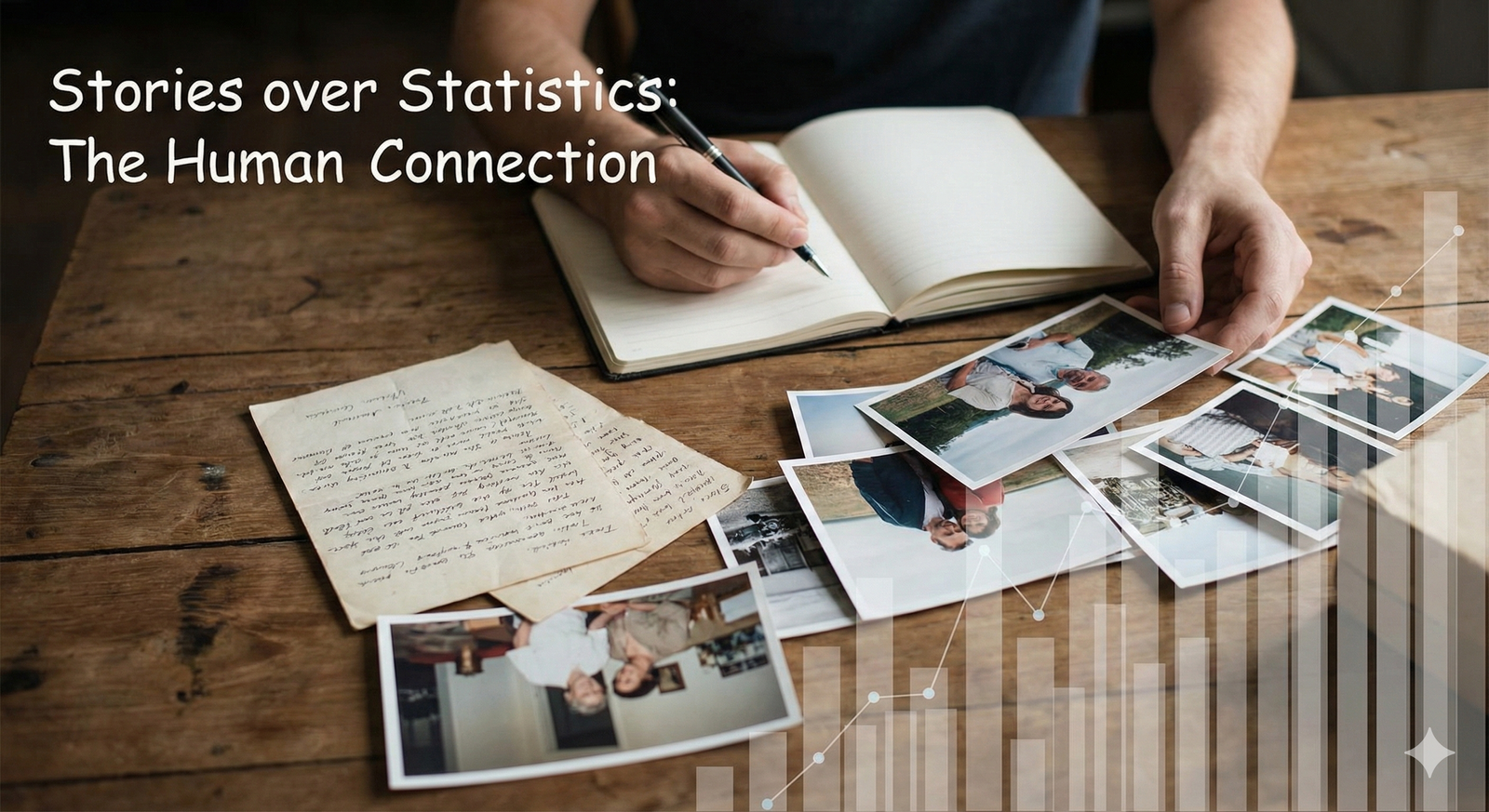
Yesterday, I talked about Keynesian Theory and by the mid-20th century, John Maynard Keynes’s ideas ruled the economic world. Governments spent freely to manage demand, build infrastructure, and smooth out recessions. But by the 1970s, something strange happened — inflation and unemployment began rising together, a nightmare Keynesian models couldn’t explain. Into this chaos stepped Milton Friedman, a sharp Chicago economist with a simple but explosive message: the government isn’t the solution — it’s often the problem.
Friedman believed that markets, if left free, were naturally stable and efficient. His research on monetarism — the idea that controlling the money supply is the key to controlling inflation — flipped postwar economics on its head. Instead of endless government intervention, Friedman argued for tight monetary policy and limited fiscal meddling. To him, the economy wasn’t a machine that needed constant tinkering; it was a living system that corrected itself when left alone.
His 1962 book, Capitalism and Freedom, went beyond numbers. Friedman made a moral case for free markets — arguing that economic freedom is inseparable from political freedom. This wasn’t just theory; it became the intellectual backbone of the Reagan and Thatcher revolutions, which reshaped global economics around deregulation, privatization, and individual enterprise.
Friedman’s ideas were controversial but deeply influential. His concept of the natural rate of unemployment challenged the idea that governments could permanently boost jobs through spending. He also pioneered the idea of school vouchers, pushing for competition even in education.
Whether admired or criticized, Friedman’s fingerprints are everywhere — in central banks’ focus on inflation, in global trade policy, in the modern skepticism of government control. He once said, “Only a crisis—actual or perceived—produces real change.” And in many ways, he was right. Friedman didn’t just study markets; he changed how the world believed they should be run.
RELATED POSTS
View all


